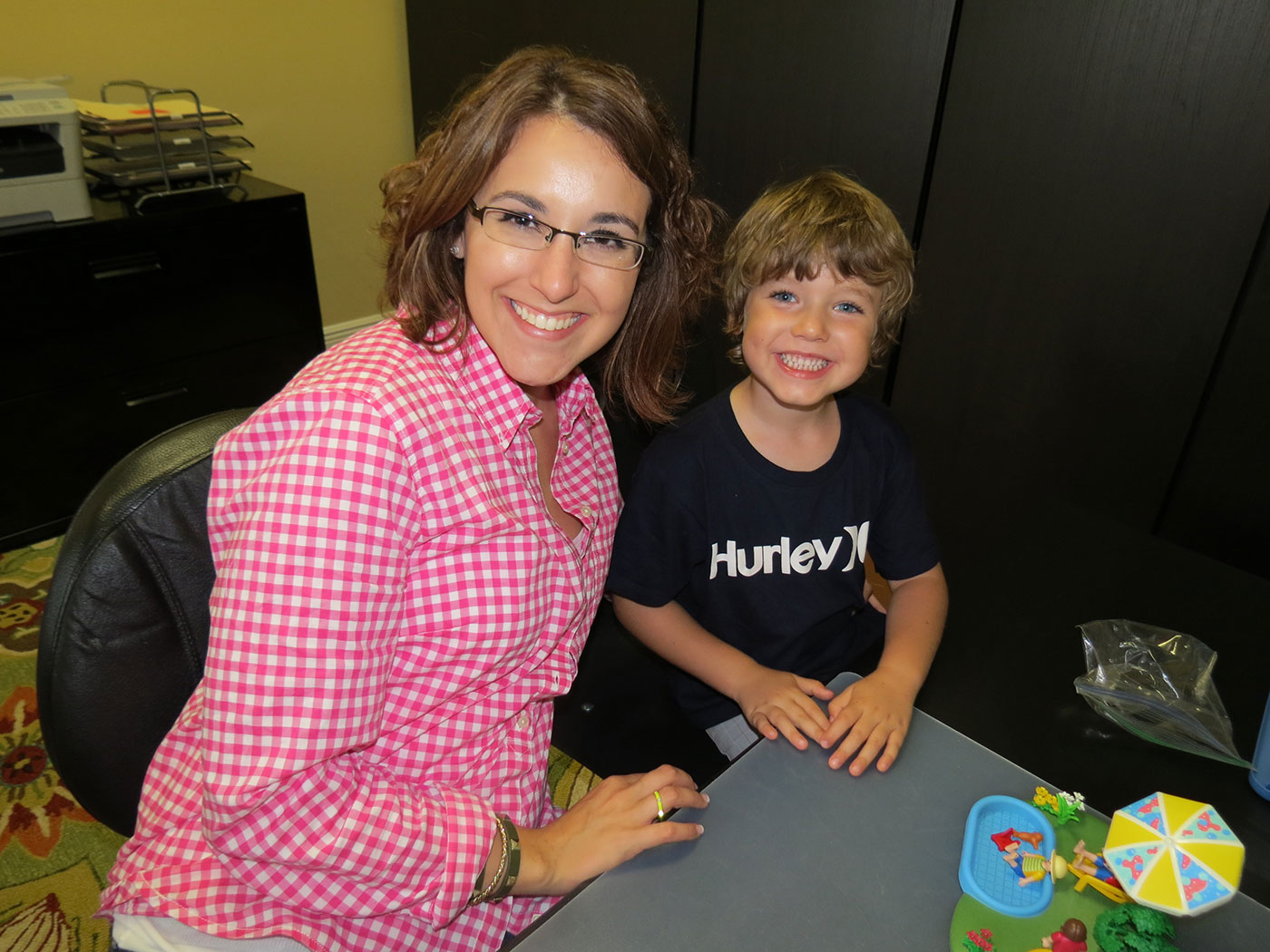AASL offers Speech Therapy Services Without Leaving the Comfort Of Your Home
Telehealth speech therapy, also known as teletherapy, is a type of speech therapy that takes place over a secure video connection. It’s an evidence-based practice that’s supported by the American Speech and Hearing Association (ASHA).
Teletherapy is effective because it allows parents to incorporate speech therapy into their child’s daily activities. The Mayo Clinic endorsed teletherapy in 1997, calling it “reliable, beneficial, and acceptable” for patients with a variety of speech and language disorders.
Contact Us To Get Started Or Learn More
What You Need To Know About Speech Teletherapy
The American Speech and Hearing Association (ASHA) supports and recognizes teletherapy as an evidence-based practice. Research shows that online speech therapy is just as effective as in-person treatment for many types of issues. Speech teletherapy is a type of speech therapy that takes place over the internet through a secure video connection.
Studies have found that telehealth speech therapy is as effective as in-person therapy. According to a 2021 report from the ASHA, 80% of clients who completed all speech therapy visits over teletherapy showed progress. Other studies have found that over 85.5% of studies have shown that virtual speech therapy has advantages over in-person therapy sessions.
During virtual speech therapy, our speech-language pathologist will:
- Learn about the child’s development
- Identify communication strengths and areas for growth
- Share activities based on the child’s interests
- Provide prompts and techniques to help the child improve their communication skills
Children usually join their sessions using video-conference software, like Zoom. They can log in to the session from their computer at home. Research shows that children make more progress when they practice at home.
Some of the benefits of Speech Teletherapy instead of in-person therapy includes:
- Saving time and money
- No commute
- Less time off work
- No special travel arrangements
- More parent participation
Children under the age of three often make the fastest progress in speech therapy. This is because it’s easier to learn a skill the “right way” at first and to boost their skills when the gap is small.
If your toddler is 2 or 3 years old and isn’t yet talking, you should talk with their pediatrician or with a speech-language pathologist. They will likely recommend a speech evaluation for your child.



